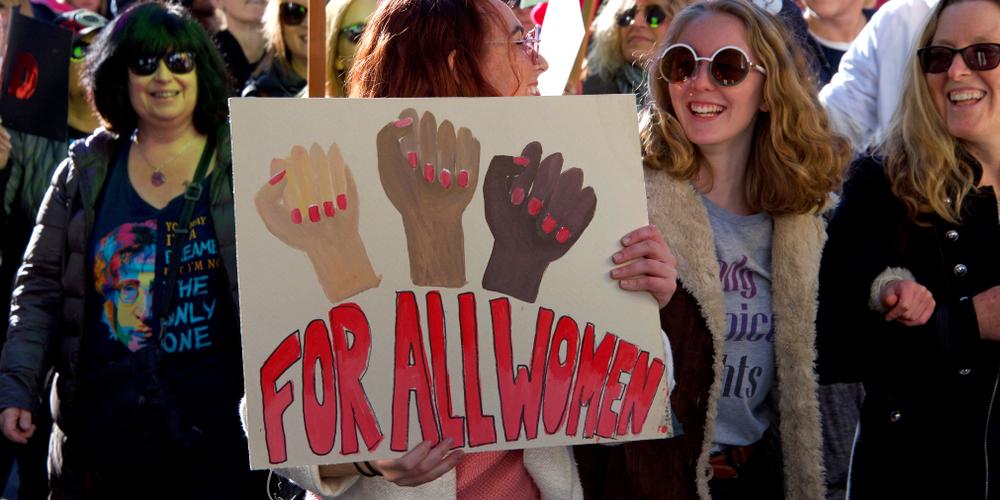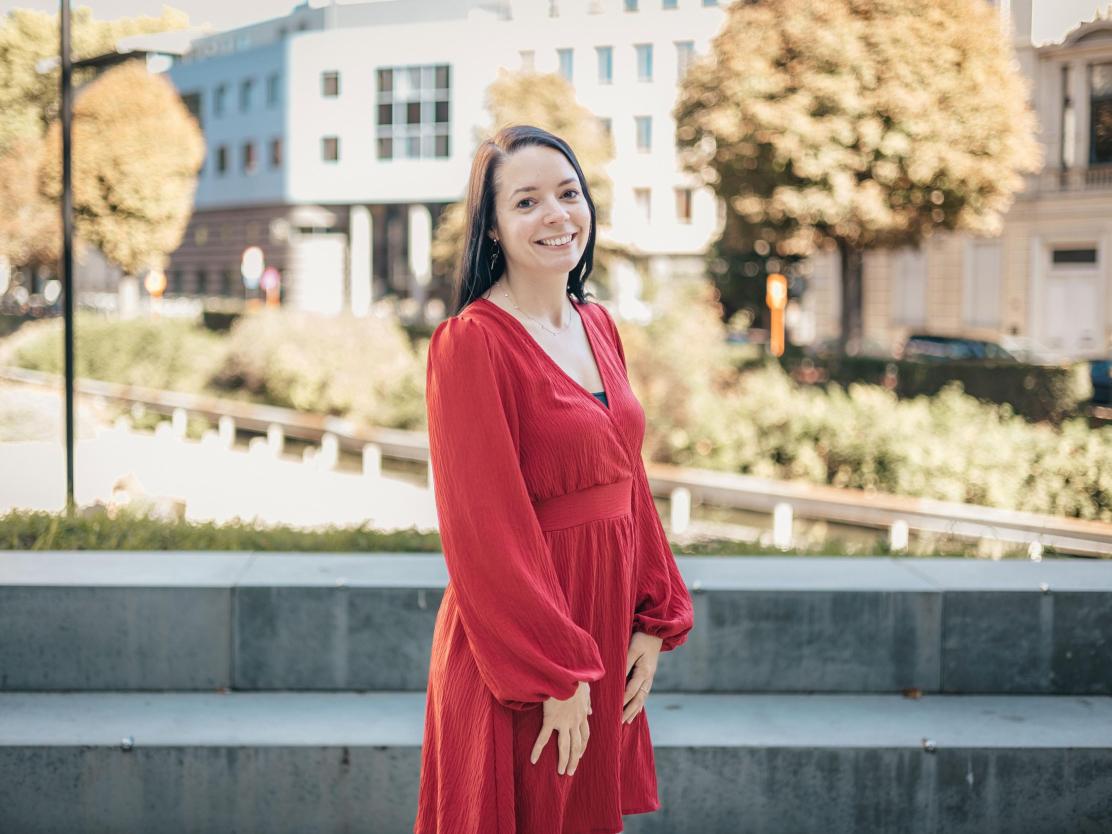
"Despite numerical progress, women in the political arena continue to face clear barriers that hinder equal participation and representation," writes researcher Robin Devroe (VUB) in her opinion piece in Knack.
On 8 March, we celebrate International Women’s Day, a day dedicated to recognising the social, economic, cultural, and political achievements of women and the ongoing pursuit of gender equality worldwide. Since the 1990s, the numerical presence of women in Belgian and Flemish politics has gradually increased, thanks in part to extensive quota measures.
Behind these figures, however, lies a reality that is far from rosy. A higher numerical presence of women in political roles does not automatically equate to gender equality nor does it necessarily create a level playing field.
Women remain a minority in our parliaments, and just one in three local councillors is female. Looking at the number of women in executive positions, we see that the number of female government members continues to lag behind. Only a small percentage of female politicians climb the ladder to the top, with female party leaders, prime ministers, and minister-presidents as absolute rarities. At the local level, the number of female aldermen and mayors still does not reflect the composition of the population. These patterns underscore that gender inequality remains deeply embedded at all levels of the political hierarchy.
The glass ceiling is therefore still not fully broken. Women who enter the political stage are also frequently reduced to their gender and face numerous stereotypes. If they raise their voices, they are quickly dismissed as harsh or hysterical. If they show emotion, they are considered too soft, emotionally unstable, and unfit for the job. Research shows that female MPs are given fewer opportunities to ask plenary questions than men and are often assigned to committees dealing with so-called "soft" topics.

"The political landscape is steeped in a male-dominated culture and approach to politics."
Stereotypes persist and pose a barrier to women striving for leadership positions. The concept of a "suitable" leader is still influenced by traditional gender roles, forcing women to battle prejudices in order to be taken seriously as political leaders. Moreover, numerous studies confirm that women who enter politics are often subjected to sexism, (online) violence, and discrimination. From derogatory comments about their appearance to having their competence questioned, sexist attitudes create a hostile environment that discourages women from pursuing or continuing a political career and from making their voices heard at the highest level.
The political landscape is steeped in a male-dominated culture and way of doing politics. Late-night meetings, intense debates, and aggressive conflicts that often get personal define this environment. Prominent female politicians themselves acknowledge that the political arena is ruthless for women, making it difficult for them to stay in the game. It is therefore not surprising that women’s political careers tend to be significantly shorter compared to those of their male colleagues.
These patterns of exclusion, sexism, and inequality are even more pronounced for certain subgroups of women. Women of colour, LGBTI+ women, and women from lower socio-economic backgrounds often experience multiple layers of discrimination and face unique challenges in their path to political participation and leadership. It is crucial to consider this diversity in the fight for gender equality in politics.
"International Women’s Day reminds us that the fight for gender equality is far from over."
There is still much work to be done. It is time to take concrete action to create a more inclusive and gender-equal political system. This requires not only awareness and recognition of the existing problems but also bold measures to address them. This includes:
- Revising electoral laws and procedures to ensure equal opportunities,
- Establishing mentorship and support programmes for female candidates and politicians,
- Actively combating online hate speech and other forms of gender-based violence,
- Reassessing the current political work culture to make it more inclusive.
International Women’s Day serves as a reminder that the fight for gender equality is not limited to one day a year but requires continuous effort from all of us. We must work together—men and women, politicians and citizens—to create a political environment in which women are not only present but also fully heard, valued, and supported.
Only then can we truly speak of a representative democracy, one that embraces all voices, offers equal opportunities, and ensures that everyone, regardless of gender identity, feels represented.*
*This is a machine translation. We apologise for any inaccuracies.
Bio Robin Devroe
Robin Devroe is a postdoctoral researcher at VUB and is affiliated with the DFUTURE research group.